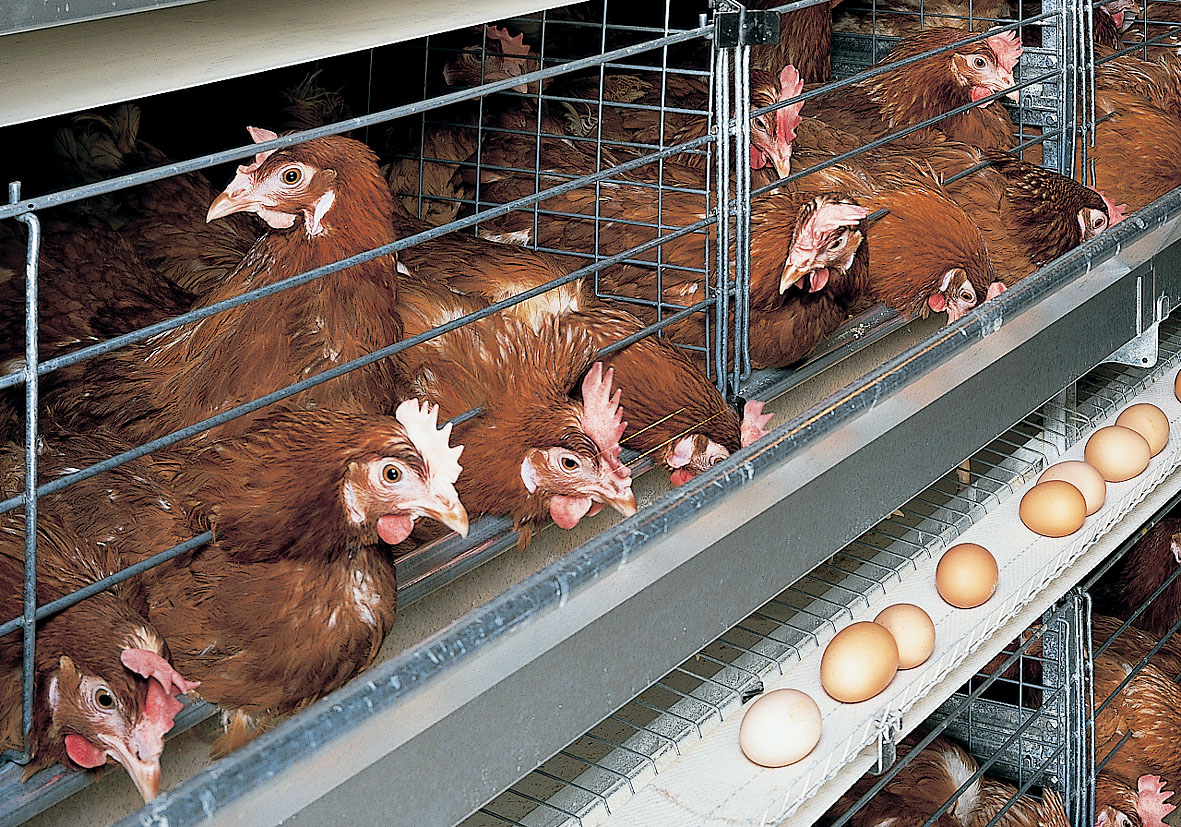+(256) 0707 792064
+(256) 0782 208 208
admin@conversionfeeds.com
conversionfeeds@gmail.com
Coronation Road, Plot 5, Old Kampala

Waste management and water quality assurance, key challenges in cage systems
Yes, removal of wastes from cages is yet another hectic activity, many fear the stinch or smell from the droppings and the tiresome ness especially when birds are many.
Am happy many planned earlier and earlier and made deep trenches where the droppings can land such that the distance from the droppings to the lower tire of the cages is a bit high.
The fact is, wastes should be removed as often as every 3 days in caged birds not more than a month if you have a deep trench.
What are the effects of delay to remove droppings
You know these droppings ferment, and they heat up, they release a very strong basic gas called ammonia prolonged inhalation of this gas by birds especially those at the lower tire, leads to so many conditions in birds, these include, respiratory problems, stress, and the liver is much affected leads to fatty liver hemorrhagic syndrome.
The challenge is given that these birds dont exercise to burn out this toxic ammonia from the body, the effect is exacerbated by the no exercise effect.
Therefore, increasing frequency of waste removal is key in cage farming.
Some feed companies have tried their best to fight these conditions like fatty liver heamorrgaoc syndrome by including liver cleansers in the feed like choline chloride
Use of liver tonics like APSA HEPATOCHEM atleast 5 days in a fort night as a preventive measure has been helpful
Also Read
Manage flock, with ease and less antibiotic usage
Deworming Poultry – What You Need To Know
[wpseo_address hide_name=”1″ show_state=”0″ show_country=”1″ show_phone=”1″ show_phone_2=”1″ show_fax=”0″ show_email=”1″ show_logo=”0″]
